Curious what you should be eating before, after, and maybe even during a workout? Here I break down all of my best tips and tricks for making sure you’re fueling your body correctly so you can feel your best! We’ll discuss focusing on simple carbs before the workout, and a balance of protein, carbs and fat afterwards. I also share the circumstances that I recommend fueling during a workout, and what that could look like! This blog post is kindly sponsored by The Canadian Sugar Institute. As always, all opinions are my own.
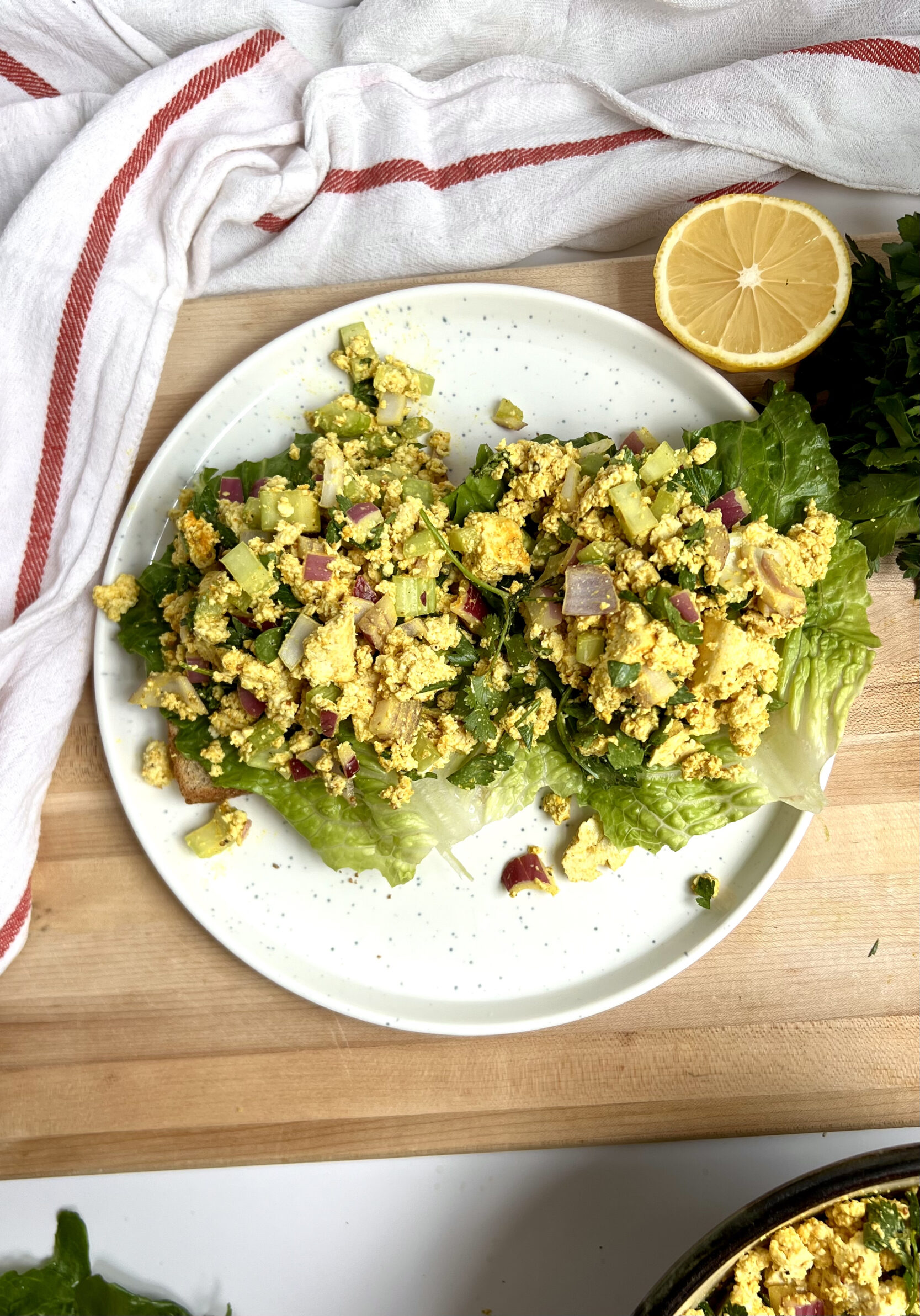
12 years ago I decided to run my first 10 km race. I was starting from scratch as someone who never had run more than what was forced upon me in rugby practice, and I had almost no training strategy, other than to run every single day. I also had no fueling strategy.
I finished the race in a decent time (which I think I only had my age to thank for), but I felt like absolute crap during and afterward. It was then that I started to appreciate how important both proper training and nutrition are to not only exercise but also feeling your best during and afterward!
I vowed to myself that for my next race, I would take both my training and fueling more seriously.
Fast forward to my first half marathon a few years later (because sure, I loved running, but not that much) I finished the race feeling strong and capable, with a good fuelling strategy under my belt.
This may come as no surprise to you, but as a Dietitian, I now take pre-, during, and post-exercise nutrition pretty seriously. It’s also one of the topics that I get asked about most because it’s not always super intuitive, so let’s dive into it!
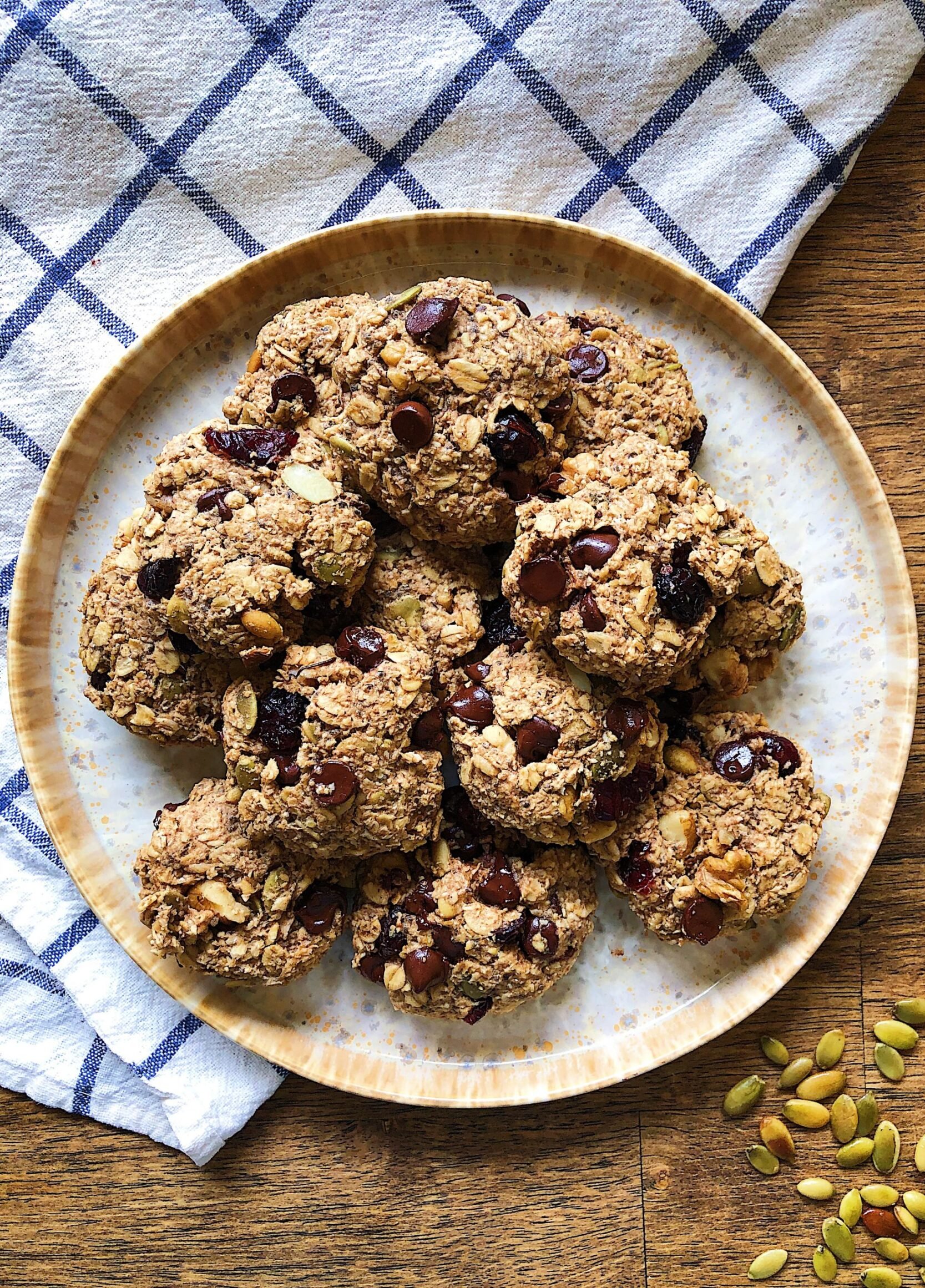
The Role of Carbs in Exercise
Carbs are our primary source of energy, especially during high-intensity or endurance activities like running, cycling, HIIT classes, or pretty much anything that gets your heart rate elevated for longer periods of time!
When we eat carbs, our bodies break them down into glucose (sugar!), which our muscles use for energy. Any extra carbs are stored in our liver and muscles as glycogen, which can be broken down into sugar when needed.
What If I Don’t Eat Enough Carbs?
While your bestie might be telling you about the latest low-carb diet she’s been following, remember that carbs are vital for optimal health and exercise.
Because glycogen is our body’s primary fuel source, if we haven’t had enough carbs, we can see noticeable decreases in our performance during physical activity. Feeling tired, lightheaded, not able to push through, and slower recovery are just some of the side effects.
If we don’t eat enough carbs, our body will break down our hard-earned muscle tissue for fuel instead, which leads to muscle loss over time.

Are other nutrients important?
Absolutely! Protein and fat also play a role in exercise nutrition, but more heavily in post-exercise nutrition. In fact, we typically want to keep the amount of fat, protein and fiber we eat relatively low before exercise, depending on how far out we are from the workout. This is so that our body can more easily store glucose as energy, and to prevent any unwanted side effects, like cramping or unplanned bathroom breaks!
Pre-Exercise Nutrition
In general, I recommend eating high-carb and low fiber, fat and protein before working out. That said, recommendations change based on how far out from exercising you are.
Ideally, I recommend eating a balanced meal with carbs, protein, and fat about 3 hours before a workout, which gives your body enough time to digest and absorb the nutrients before the workout.
If you have less time, are waking up super early before a workout, or just haven’t had the chance to eat, go for a smaller, easily digestible snack 30-60 minutes before exercising.
Easily digestible snacks mean that they’re higher in carbs and low in fiber, fat, and protein. While fiber, fat and protein are super healthy nutrients, remember that exercise nutrition is functional, meaning that recommendations for everyday eating don’t always apply to exercise nutrition!
And don’t forget to hydrate! Drinking enough water is super important to make sure you don’t show up to your activity dehydrated.
During Exercise
Whether or not you need to eat something during exercise depends on the intensity and duration. If you’re heading out for longer than an hour, consider bringing fuel. I typically recommend grabbing something with 30-60g of carbs per hour of the workout, ideally with electrolytes! If your workout is more than 2.5 hours, aim for 90g of carbs per hour.
This could look like a sports drink, gel, or energy chews!
Post-Exercise Nutrition
Whew, the workout is done! Now what?
Focus on getting a well-balanced meal with about 20-30 grams of protein, 1-1.2 g of carbs/kg of body weight, and fat. Our main focus should be on carbs, for replenishing our glycogen stores and helping with a fast recovery time, and protein for repairing muscles!
If you don’t have much of an appetite immediately after working out, opt for something light, like a smoothie!
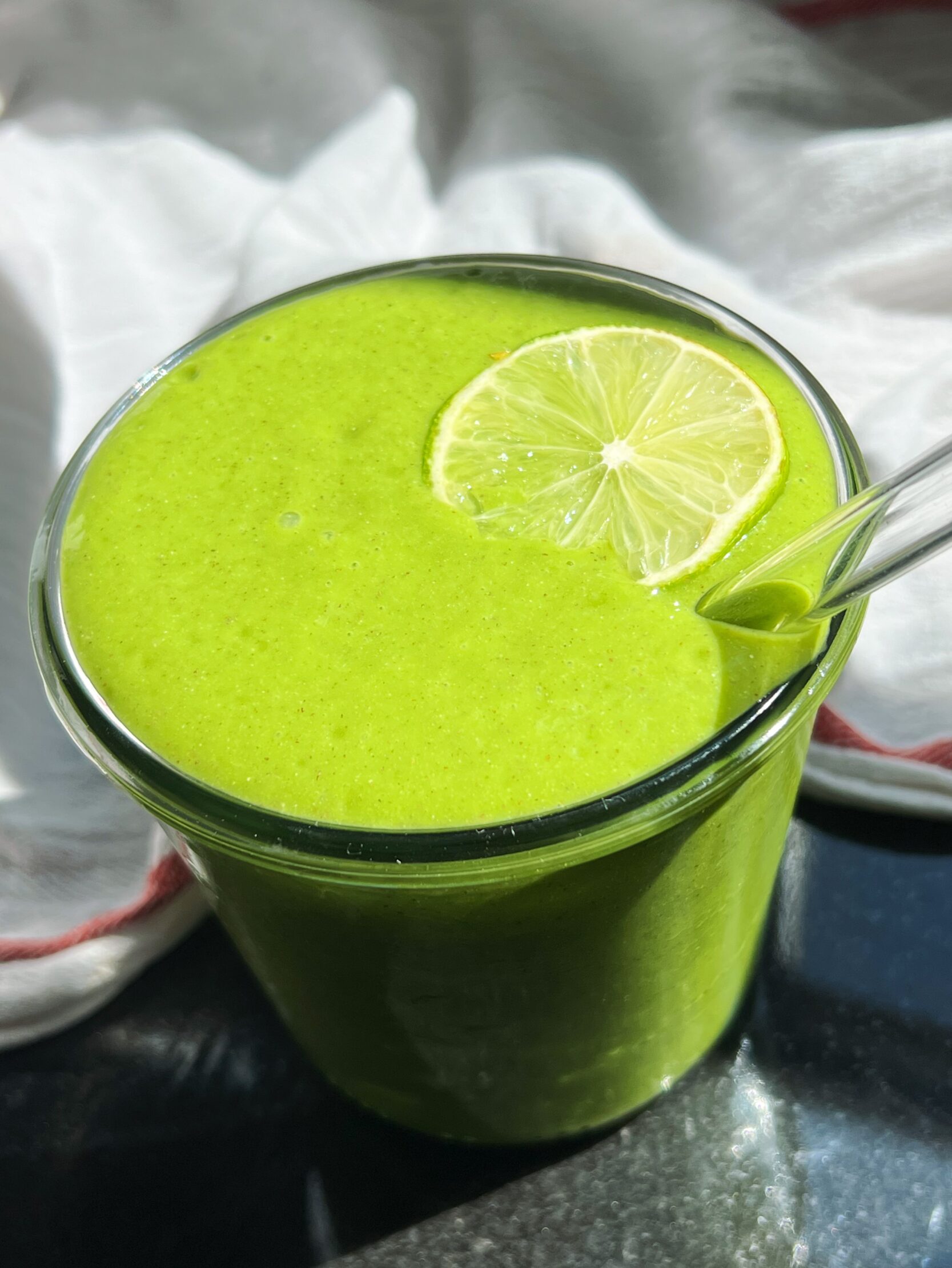
But should I really be eating ‘simple’ carbs?
It’s important to remember that carbs are vital for peak performance, and nutrition for endurance activities is slightly different from general nutrition advice.
Foods that have sugar without much fiber, protein or fat are actually ideal for these circumstances, and help to fuel the body to perform and feel its best!
Trial and Error
Remember that while these are general guidelines, everyone is different, and foods that are tolerated well before, during, and after activity varies person to person!
If you’re running a race or doing an event, make sure you give yourself plenty of time to test out fueling strategies so you don’t try anything new on race day!
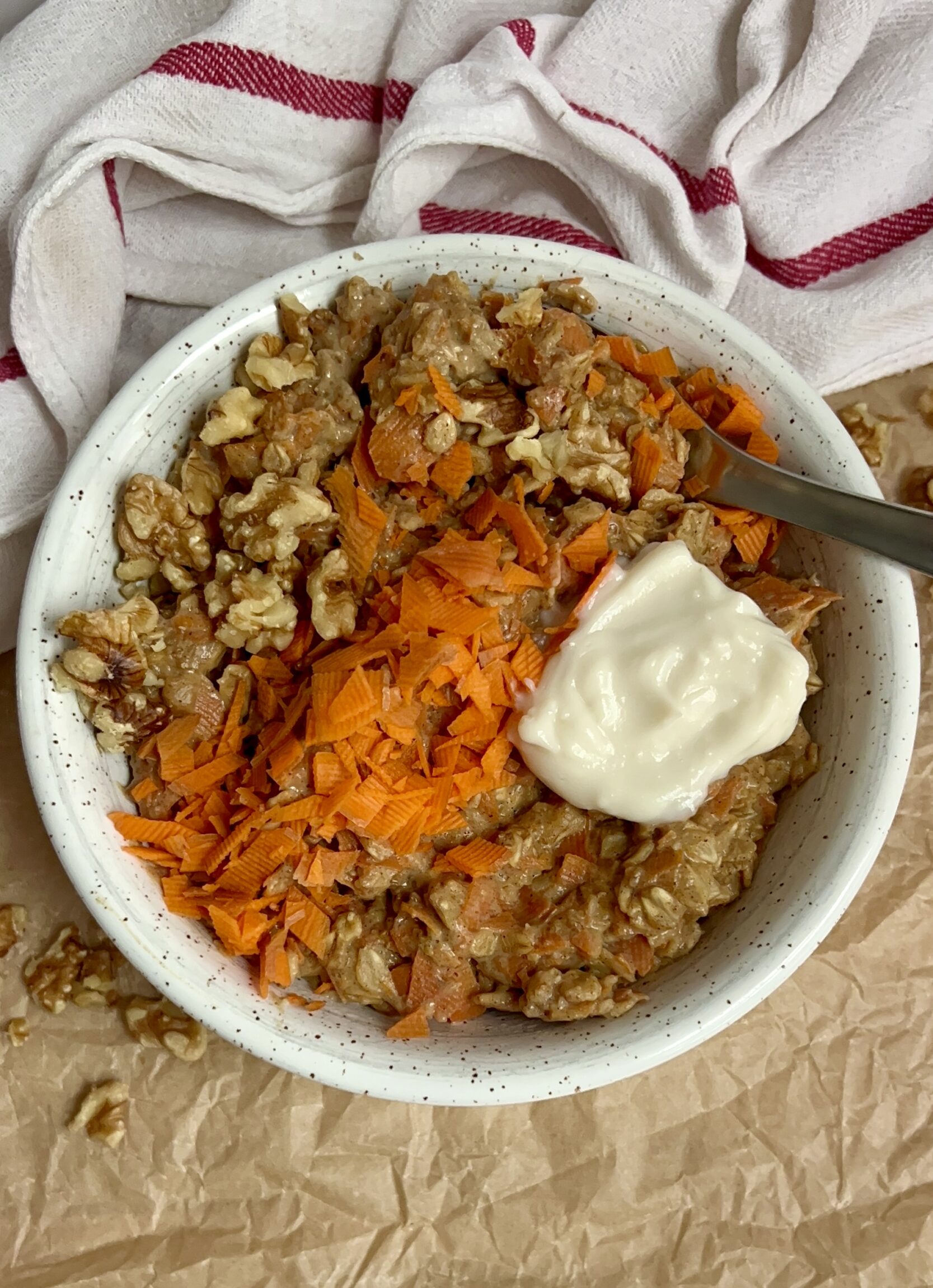
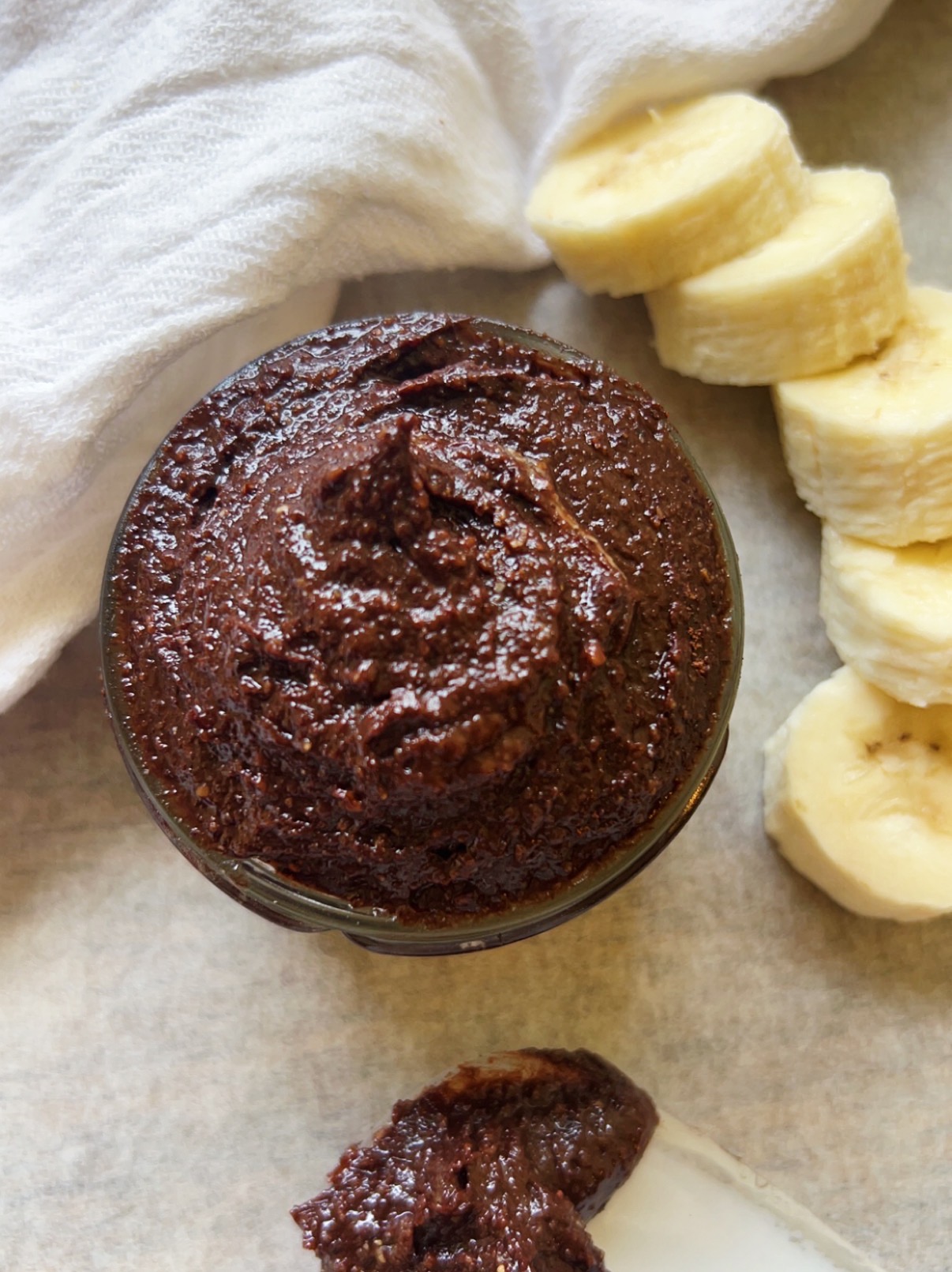
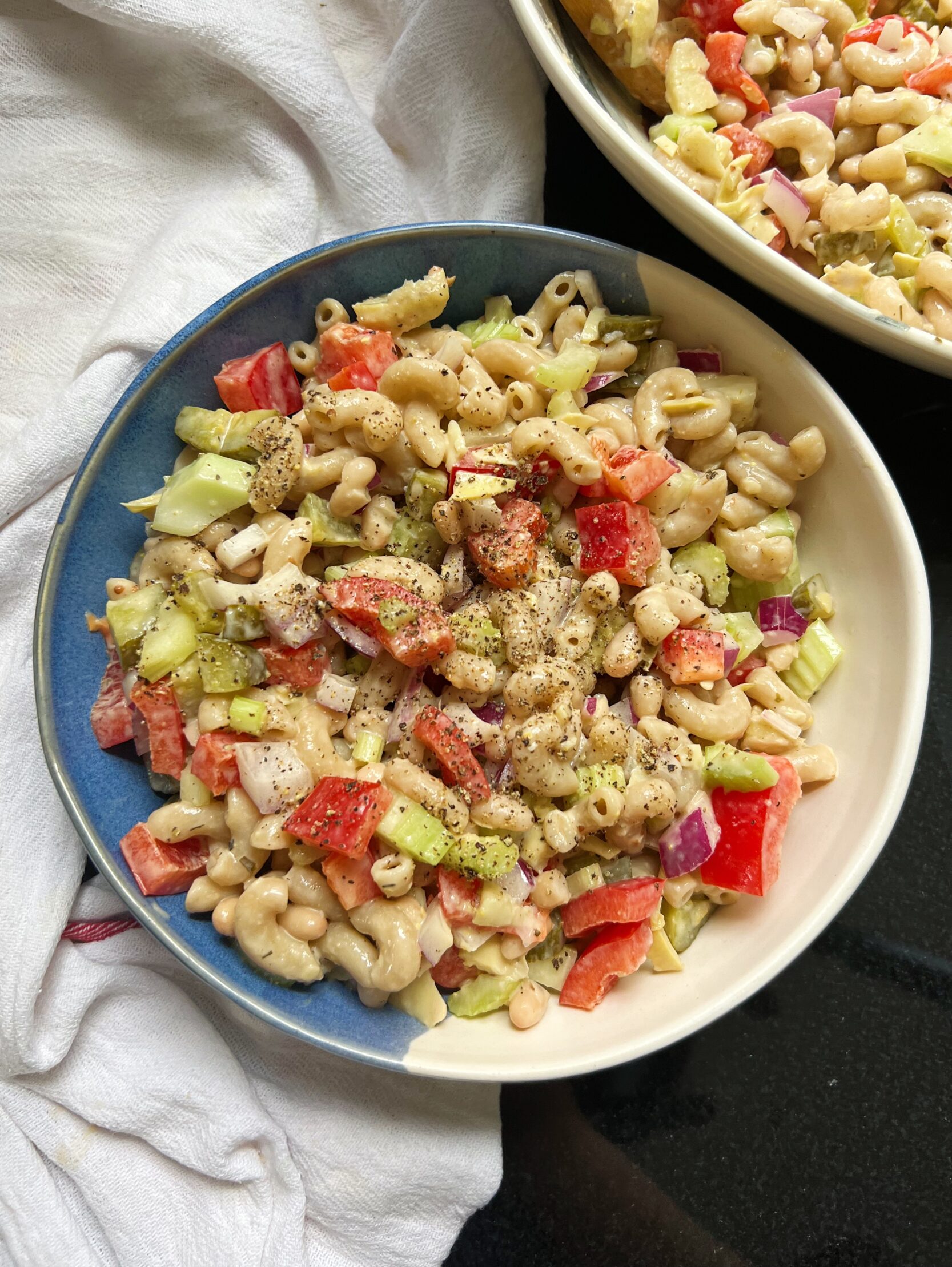
Sample Meals and Snacks
2-3 Hours Before Exercise:
- Oatmeal with fruit
- Pasta with red sauce
- Veggie sandwich with hummus
30-60 Minutes Before:
- Pretzels
- Fruit juice
- Lower fiber fruit, like banana
- Apple sauce
- Crackers
During Exercise:
- Sports gels
- Sports drinks
- Energy chews
After Exercise
Remember that how we fuel ourselves for exercise can be just as important as the exercise itself! Focus on simple carbs before exercise and a mix of protein, carbs, fiber and fat afterwards! Whether you’re a marathon runner or just dipping your toes into exercise, these tips will help you perform your best and feel amazing!
Was this post helpful? Let me know by leaving a rating and review, and take a photo of your pre-workout meal and tag me on Instagram at @tastingtothrive_rd so I can see!
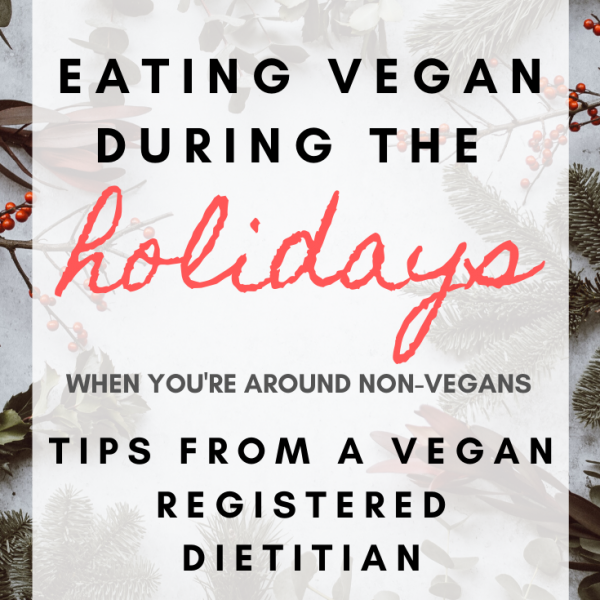
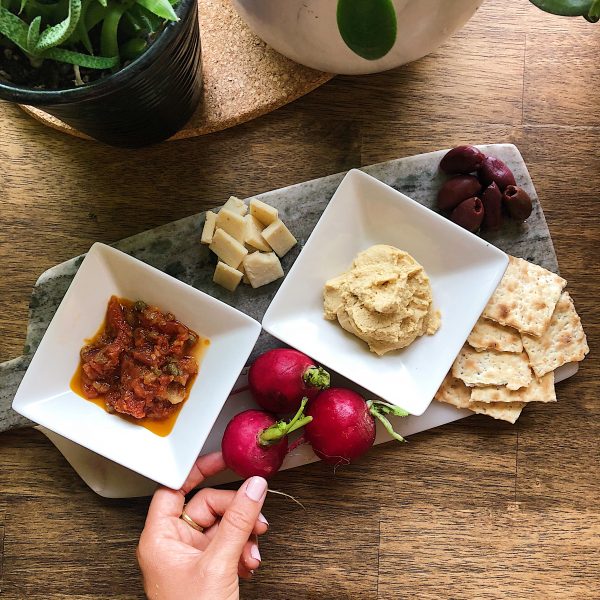
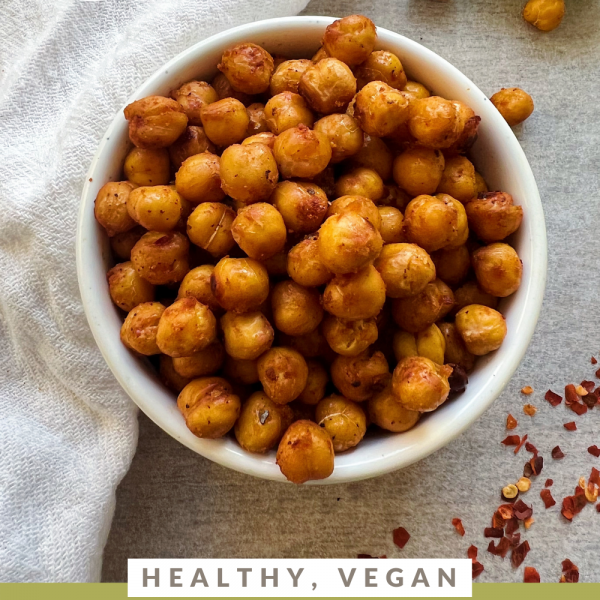
Why don’t you provide nutritional information with your recipes? I am specifically looking for calories and sodium content, since I am trying to lose weight and I have congestive heart failure, so I need to watch sodium closely. I was going to make the breakfast cookies, shown above, but can’t find any nutritional info on them.
Thanks,
Hi Susan! Adding nutrition information to recipes is something I’ve started doing in the last few months- This is an older recipe! If you need exact calorie or nutrient measurements, I recommend using a platform like MyFitnessPal or Chronometer and inputting the recipe there.